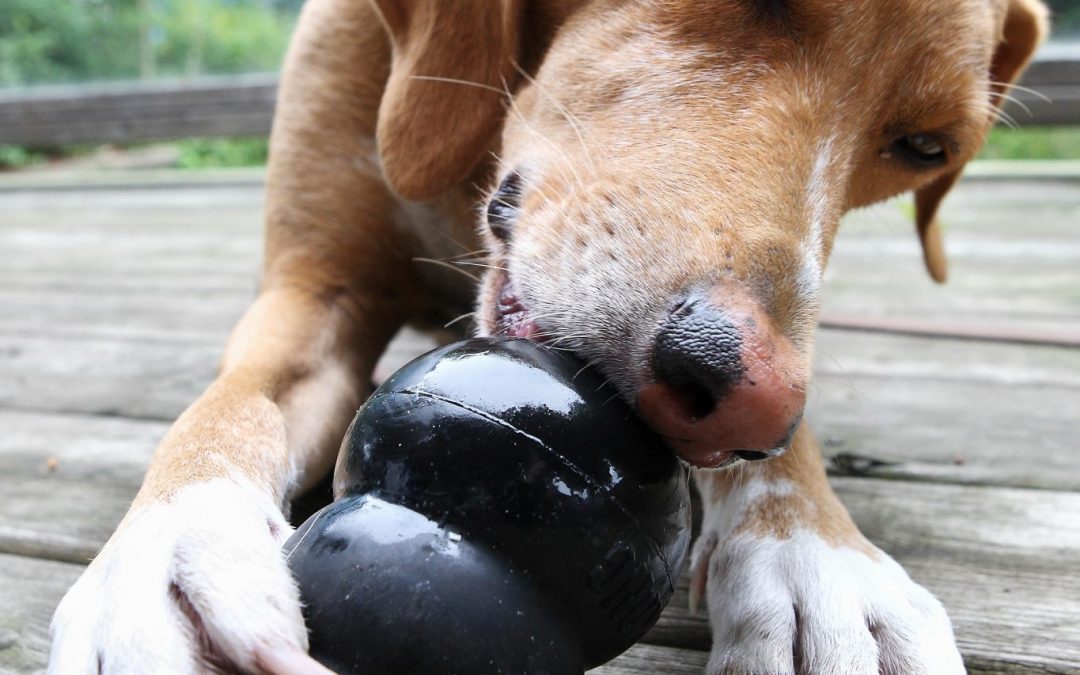How do you “train” your dogs? Housebreak, leash train, basic command train, socialize, etc.. I have seen and heard of may different techniques, from clicker training to “diversion” training to positive reenforcement training to crate training, and so on. I have used crate training and positive reenforcement training almost all of my life, with all of my dogs. I was shocked and surprised to see a blog, recently, about the number of people who were avidly against this sort of training. I have had most of my life, and certainly all of my adult life, and have never had a problem with this method of training, for any of my dogs. I scratched my head as I was reading all of the negative comments about how mean and cruel this method of training is. Then, I remembered something; I fostered a dog, a few years back, that had been “crate trained”. The owners idea of “crate training” was to lock this poor puppy in a crate for about sixteen hours, per day. I remember, at the time, asking the owner why they did that and was told that it kept the puppy “out-of-their-hair”. So, with that memory fresh in my head, I thought I would talk about the correct way to crate train, which is not to lock anything anywhere for that amount of time…ever!
I have had great success with house breaking my puppies with crates. I do stick to a couple of must rules though. The first rule is that no puppy can be locked in a crate for more than four hours at a time. The rule for this is pretty simple; they are tiny babies and have tiny bladders. Not to mention the fact that they have not yet learned how to control their bladders. To help them out a little with this, I don’t let them drink large amounts of water right before crate time and especially never right before bed. This makes sense, right? I mean, what happens when you down a jug of water right before bed? Chances are, you will have to get up and go potty half way through the night. They cannot not do this as easily as you can, at least not without waking you up to help them. When they do let you know that it is time to get up and go potty, be very diligent in making sure that you do not get tricked into “play time”. By tricked, I mean, those sweet little puppy eyes and tail wag that says, “yay! I peed, you’re here, it’s time to play!”. No. Outside to potty, and then straight back to bed. This gets them on a schedule and they don’t expect to “play”, at all hours of the day and night.
I also keep a cover, of some sort, over the outside of the crate. A dogs natural instinct is to burrow or to sleep in a den, of sorts. I find that by covering the crate, you create this “den” feel for them and they actually enjoy it. With the exception of one, all of my dogs would actually go into their crates, without being told, just to lay down for a quick nap or to get away from extra noise or chaos going on in the house. It is their safe place. In fact, my grandmother has kept her dogs’s crate up, for years, and the dog still goes in there every night to sleep, without Granny ever commanding her to and without Granny locking her in. (Of course, the dog is well past being house broken.) I let this be their “safe place”, not a place of punishment. I think this may be where people may get a little sideways with this training; punishment is not how crate training is supposed to work, because it won’t. Teaching your dog commands like “no”, “leave it”, “drop it”, and “off”, are essential. Once they know what those words mean, you should never have to “punish” your fur love. Dogs are our companion creatures and as such, they want to please. When we teach them what disappoints us, they generally tend to not want to do that as they seek our acceptance and companionship, just as much as we seek theirs. In some cases, more.
One of the other things that I do to teach positive behaviors is to always, always, always have chew appropriate toys around. Did I mention always? I have chew toys in our home, our yard, and in all of our vehicles. It’s always interesting to me to hear people complain about their chew destructive dog who chews all of their shoes and cords and rugs…etc.. This is so easily remedied by always having things around that they can chew on. I am not saying that you will never loose anything to a puppy teething stage, but I am saying that it will be significantly less than if you don’t have things for them to chew on. The fact is, they will chew on something, so help them out and give them what is okay and acceptable to chew on. My current puppy, Henry, really liked my slippers, for a time. Every time he would show up with a slipper in his mouth, I would tell him “no”, with a stern and serious voice, take the slipper away, and replace it with what he could chew on. It took only a couple of times before he would simply choose the approved chew toy over the slipper. Why? Because he didn’t want to get into trouble, he just wanted something to chew on.
As you probably already can see, I love dogs. I love all sorts of dogs at all different abilities and ages. What I love even more is to see people who love dogs taking care and lovingly teaching them how to be nice, polite, socialized dogs. While I think everyone could benefit from experiencing the joy of being loved and respected by such an amazing creature, I also know that some people simply don’t have the time or patience to train and own a dog. If you are working twelve to twenty hours a day and don’t have a way to visit home or even have some else available to stop in on your fur baby every now and then, might I suggest that you wait, until the time is right. Timing means everything, especially with something as potentially rewarding as pet ownership.
Many blessings to you and your four-legged-love ~ Tammy


Recent Comments